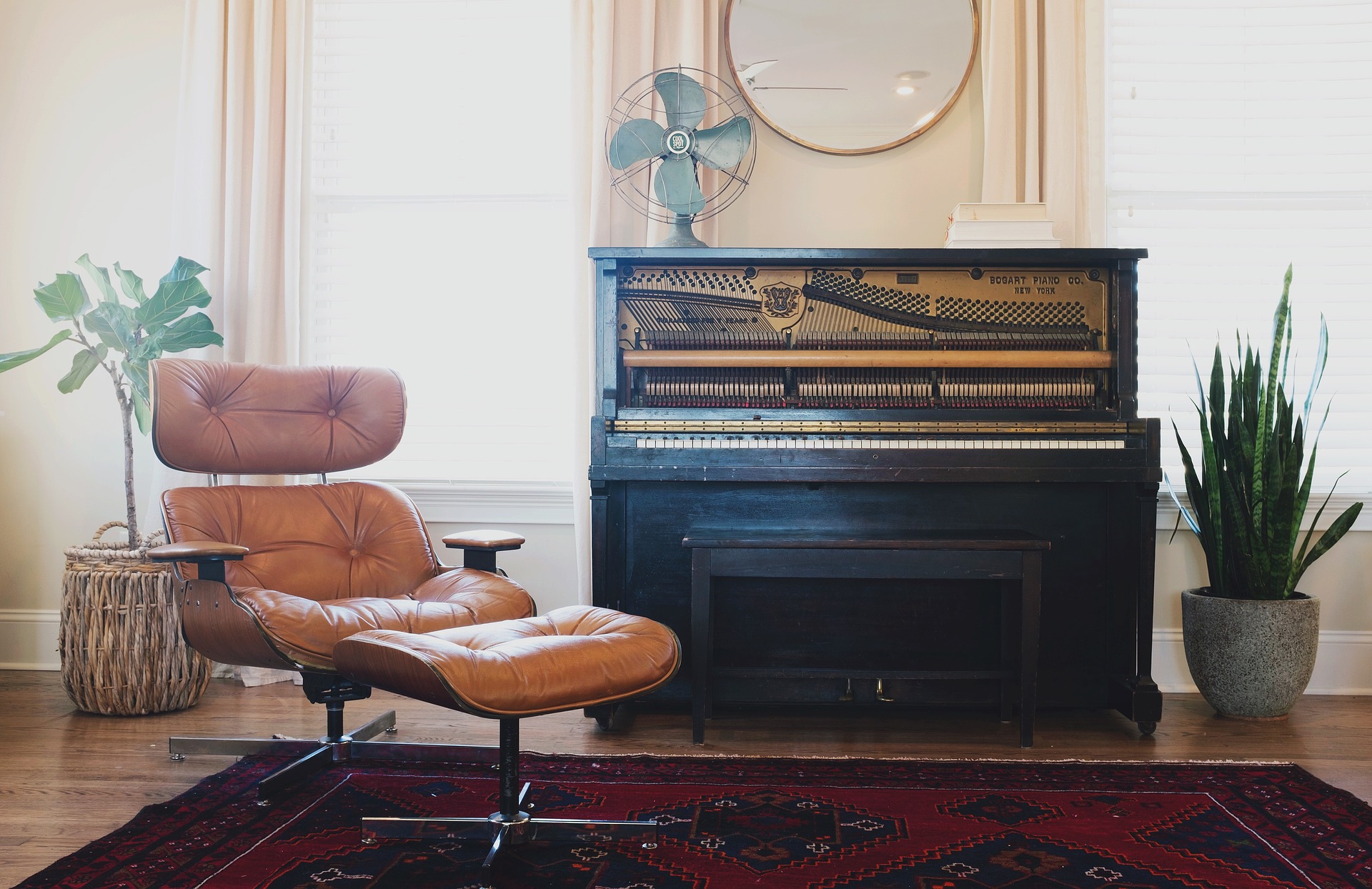The perception many people have of composers is one in which a person sits solitarily at a piano, pounding out notes in hopes of discovering some lucky sequence of pitches and rhythms which they could maybe use in their latest musical work. To be honest, this is sometimes true (in my experience, at least). This is not, however, the entire life of a composer. A large part of the job of composing is to deal with the people who will be playing, singing, conducting, and listening to your music: this makes up a large part of the interpersonal interaction that composers partake of. However, there is another way in which a composer might interact with others.
Ideas for compositions come from many, many different places. In fact, it is hard to find something that couldn’t serve as an inspiration in some way for a new piece of music. Some of the more common sources of inspiration are found in nature, poetry, and visual arts. All of these areas, and more, are filled with people who have never player a note on an instrument and who are purely consumers when it comes to music. Believe it or not, composers look to people like this to assist them in their composing. “But why?”, you might ask. Certainly someone who knows little-to-nothing of the technicalities of music is not going to be able to help a composer actually write music. But there is much more to composing than putting the notes on the page. Listed below are three reasons a composer should collaborate with a non-musical person.
1. The more details are revealed about a general topic, the more nuanced a composer can make their music.
Especially when it comes to writing what is known as ‘program music’, composers will select a topic or subject to feature in their piece. Although a composer may decide to go forward with whatever knowledge they have about this topic, what many will do is to talk to professionals in the field of wherever this topic comes from. After even a brief conversation, the composer might have a completely reshaped concept of what their subject is, and how they want to compose about it.
2. An untrained ear is often an unbiased ear.
Although there is much value in seeking out opinions on music from other musicians, there is something special about getting the thoughts of someone who will approach a new piece purely from the listening side of things. It can be very useful to ask a non-musician “Do you think this sounds good?”
3. Creative ideas inspire creative people.
Looking back through history, all great works of art are from the same periods are associated with each other. Whether it is poetry, paintings, architecture, or literature, there is a certain general appreciation for the creativity of the past. I don’t see the same unity being present in art today. If creatives begin to collaborate, despite differences in specific fields, we can make some truly impactful art which will last long into the future.
So there are some basic concepts of why composers might opt to collaborate with non-musicians. Feel free to leave a comment sharing your perspective on this topic.
Thanks for reading!
